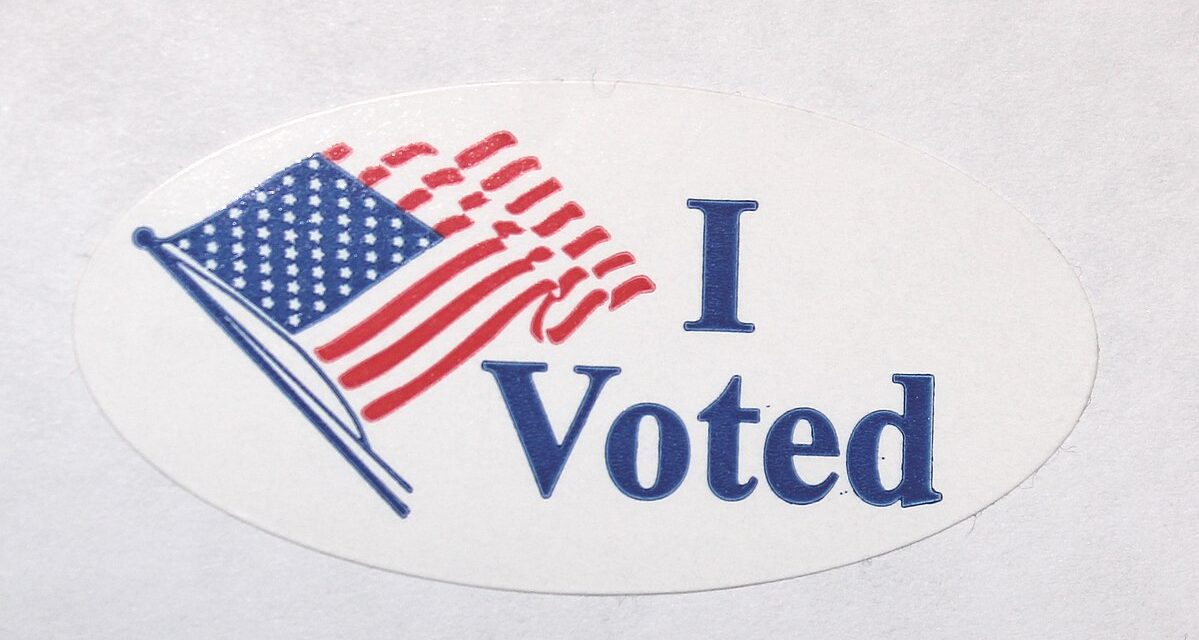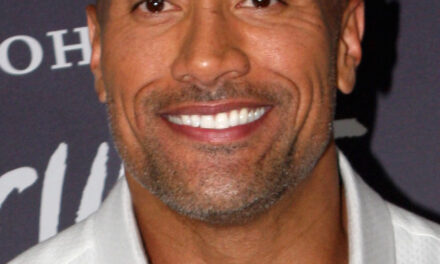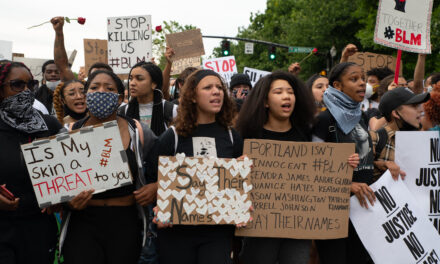Image from Creative Commons
Election years are always difficult, to say the least. Politicians attempt to convince people of all backgrounds, interests and priorities that they are on “the peoples” side. In politics, catering to those in power is common as that is where the money often lies. However, neglecting marginalized groups will ultimately lead to failure.
In the lead-up to the presidential election, the rights of marginalized peoples were challenged and attacked. These issues arose due to laws and Supreme Court decisions made in the last few years.
An example of this is Supreme Court Justice Clarence Thomas’ concurring statement in Dobbs v. Jackson Women’s Health Organization, the case that overturned Roe V. Wade. Thomas wrote, “For that reason, in future cases, we should reconsider all of this Court’s substantive due process precedents, including Griswold, Lawrence and Obergefell.”
These cases protected the right to contraception, same-sex relationships and same-sex marriage. Though this is only Thomas’ official opinion, it’s still concerning for a Supreme Court member to say.
2023 in particular also revealed discriminatory rulings, laws and statistics in the country. Following the overturning of Roe V. Wade, the country saw stricter abortion laws continue to affect people, almost leading to the death of Kate Cox in Texas. On June 30, 2023, the Supreme Court ruled against public accommodation laws for LGBTQ+ couples. It was also the deadliest year in terms of police brutality in the country’s history, with Black people being three times more likely to be killed by police than white people.
Project 2025, created by the conservative think tank the Heritage Foundation, is a plan of action intended for a candidate if they defeat current President Joe Biden and become president. The plan calls for a total upheaval of the federal government, intending to oust federal employees who they believe stand in the way of the president’s goals.
This plan is especially concerning considering the Heritage Foundation’s stance on political issues in recent years. From hosting anti-trans activists at a panel in 2019, to opposing LGBTQ+ rights, the Heritage Foundation has consistently opposed marginalized peoples. Though the Heritage Foundation may not be as influential as it was in years past, it still holds power over politics in this nation.
It is because of these situations that, for those of us who are part of marginalized communities, voting isn’t really a choice but a necessity. Voting is necessary to protect our family, our friends and ourselves. As time goes on, our voting block continues to grow.
The percentage of eligible voters in the US has diversified in recent years. As of 2019, races other than non-Hispanic white people make up 41% of the population. By 2044, the US Census Bureau estimates that races other than non-Hispanic white people will make up more than 50% of the population. The LGBTQ+ voting block has also increased in recent years. The Human Rights Campaign predicted that by 2030 one in seven voters will be LGBTQ+, an increase from the current one in 10.
These changes are representative of the importance of marginalized groups in elections. Despite all the problems I discussed earlier, this country has made progress in my lifetime. Generation Z and Millennials, the youngest voting block, are more likely to view diversity as a positive and approve of same-sex and interracial marriage. Generation Z is also the generation most likely to believe in the inclusion of more gender options other than male and female.
Growing up in a time when these beliefs are more common has led to more tolerance, though this still isn’t accepted everywhere. However, society is progressing, however slowly that may be.
So long as society progresses and becomes more open, bigoted ideas become less agreeable. Bigotry is often born from a need for more understanding. However, when someone interacts with a person or group they hold biases against, they naturally begin to understand them more.
This was shown in a study conducted by Stanford in French High Schools, testing whether seeing a wide variety of Arabic people would reduce biases. The researchers placed a poster with pictures of different Arabic people with text that emphasized their differences in French classrooms. The study found that just having the poster in the class helped lessen cultural biases, while students who didn’t see it were more likely to hold stereotypical views of Arabic people.
This is why diversity is important in our everyday life. Just seeing diversity reduces discriminatory attitudes. Dividing or forcing people to hide their identity sustains these attitudes as many people view groups they aren’t a part of as the same, leading to stereotyping. Challenging these views is essential in changing these attitudes.
The U.S. is more diverse now than it’s ever been. As a result, more people than ever are aware of these issues and are personally affected by them. We want to support ourselves, our family and our friends. Today, more people are comfortable doing things that previously weren’t commonplace, whether that be embracing their natural hair or identifying as the gender that makes them happiest. This leads others to recognize, understand and challenge their biases.
It is clear that some authority figures know this, given how the issue of racial gerrymandering and the redistricting of states to reduce the power of racial minorities in recent years. Many states, including North Carolina, have faced scrutiny in recent years due to allegations of racial gerrymandering. Politicians gerrymander to take power away from voters, specifically, racial minorities.
Alabama is another state with this issue. The US Supreme Court told state legislatures to redraw their congressional maps after the Supreme Court ruled that their maps were taking power from Black citizens. A similar case has been raised in North Carolina, alleging racially discriminatory maps. However, that case is still progressing through the courts.
Politicians are trying to take power away from these groups and ensure their vote has less of an impact on the election. Taking control away from these marginalized groups is one of the best ways for politicians to oppose social justice and win elections.
With the growing diversity of the United States, changing national opinions and an election with so much on the line, marginalized people will be at the center of this year’s elections. Protecting our rights and the rights of those around us will be a major factor in the upcoming elections.







